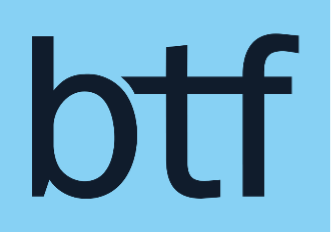Discover our selection of properties for sale, from cosy cottages to spacious farmhouses and working farms, all set in some of the countryside’s most picturesque locations.
Jack Sadler
Permitted Development Rights, Holiday Lets & Tax Changes
Farmers and landowners are being urged to diversify in order to provide additional income streams, spread risk and reduce dependency on volatile commodity prices and government subsidies.
holidays may have reduced slightly following the highs of the COVID-19 pandemic however, there remains a strong demand for UK ‘staycations’ meaning provision of holiday accommodation is a good diversification option for those in favourable destinations.
DWELLINGS TO HOLIDAY LETS
In England, dwellinghouses such as farm cottages can be used as self-catered accommodation without requiring planning permission, providing they are occupied by family groups up to approximately 6 people and constitute a single household. Above these limits, planning permission for a change of use would be required.
A change discussed under the previous government was to introduce new use classes for short-term lets, alongside permitted development rights allowing the change from a dwelling to a short-term let. This provides an element of control for the Local Planning Authority who could restrict the permitted development rights using an Article 4 direction, with the intention of releasing housing for local people. In 2023, we saw this change implemented in Wales through the creation of use Class C6 (short term let) and the implementation of Article 4 directions over large areas.
This change is still expected to come into effect in England therefore the possibility of Article 4 directions in certain areas, for example where housing demand far exceeds supply, could introduce barriers for those looking to diversify into tourist accommodation.
TAX CHANGES TO HOLIDAY LETS
Conversion of an old farm building to holiday accommodation remains a viable diversification option in popular areas in the South East but incoming tax changes could have an impact on future plans.
Currently, providing certain conditions are met, disposals of Furnished Holiday Lets (FHLs) could qualify for Business Asset Disposal Relief meaning that the first £1 million of chargeable gains are taxed at a favourable rate of 10%. The CGT liability could also be rolled over into purchases of relevant business property. From April 2025, FHLs will be exposed to the normal residential CGT tax rate of 24% and the ability to roll-over any gains will be removed, increasing overall CGT liability for sales of FHLs.
Owners of FHLs can also currently benefit from Capital Allowances and are able to offset all, or some, of the value of certain assets from any profits therefore reducing any tax liability. Capital Allowances currently cover for example, fixtures, fittings, wiring, plumbing and other integral features. These Capital Allowances will no longer be available from April 2025 and instead deductions will only be limited for the replacement of domestic items.
Whilst the above is not an exhaustive list of the tax changes, and full advice should be sought from an accountant, the changes to CGT and Capital Allowances are just two factors that now need to be considered for anyone looking to diversify into holiday accommodation.
MEASURABLE & MEANINGFUL ADVICE
Get plain-speaking advice today
Call or email us now for a no-obligation chat and find out how we can help
